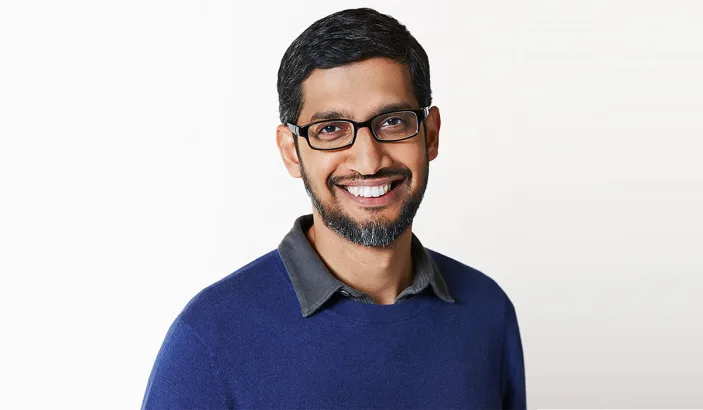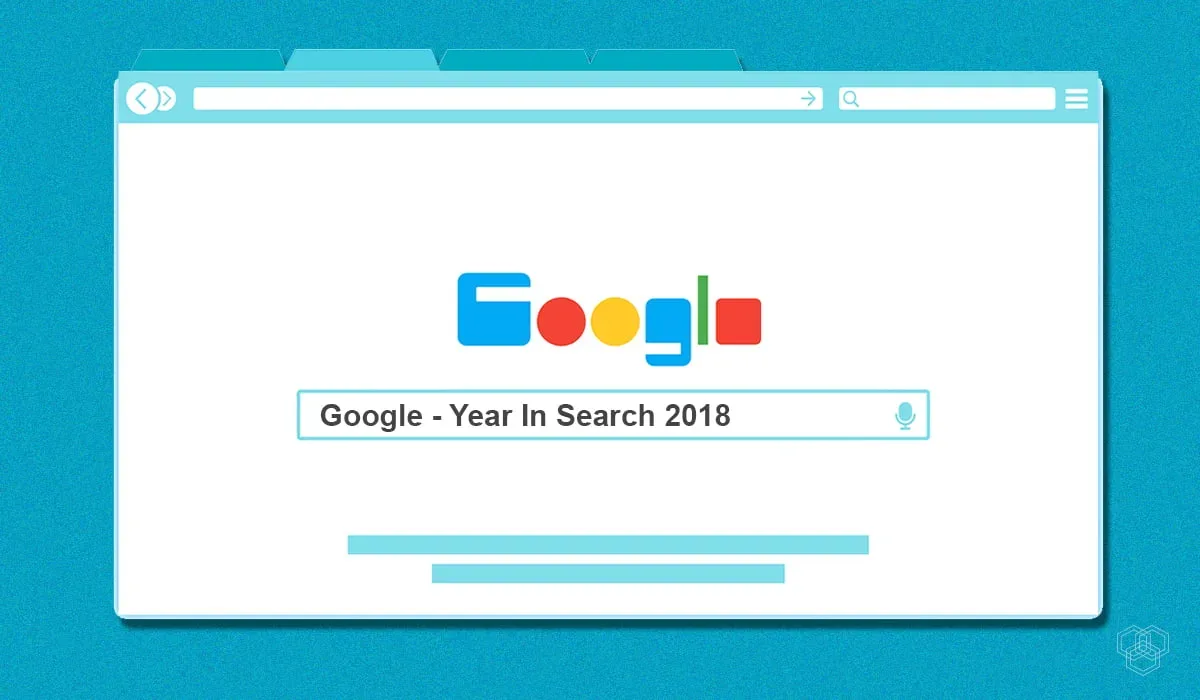Google CEO Sundar Pichai was supposed to testify in front of the House Judiciary Committee on December 5, 2018. However, the Congress lawmakers changed this date to December 11 after George H W Bush’s death. Officials have confirmed that the new hearing on December 11 will focus on the Google algorithm. The questions on the algorithm will also include inquiries about concerns among Republicans that the Google algorithm biases against conservatives. The lawmakers believe that both Google and YouTube search engines unfairly censor conservative-leaning users.
House Majority Leader Kevin McCarthy, R-Calif., said in a statement:
“Unfortunately recent reports suggest Google might not be wielding its vast power impartially. Its business practices may have been affected by political bias. Additionally, reports claim the company is compromising its core principles by complying with repressive censorship mandates from China.”
Original Plan
Sundar Pichai, Google CEO, accepted the invitation to testify in late September in front of the Committee. The CEO met with senior Republican lawmakers to discuss their concerns. Although the Congressmen were mainly concerned about human bias in the algorithm, they also wanted to know whether other issues arose. Concerns on privacy, classification of news and opinions, and dealing with countries with human rights violations were the focus of these apprehensions.
House Majority Leader Kevin McCarthy said:
“I think we’ve really shown that there is bias, which is human nature, but you have to have transparency and fairness. As big tech’s business grows, we have not had enough transparency and that has led to an erosion of trust and, perhaps worse, harm to consumers.”
In response, Pichai wrote in an internal email suggesting that Google interfering in search results for political reasons were absolutely false. ”We do not bias our products to favor any political agenda.” Google has, therefore, completely denied all accusations.
The Issue
The issue arose when both Facebook and Twitter sent executives to a Senate Intelligence Committee. However, Google declined the invitation and did not send anyone to represent them. Hence, this raised the wrong ideas about the dominance of Google. Justice Department also met with State Attorney Generals about this. They discussed the need to protect consumer privacy when big tech companies end up collecting too much data. The discussion, however, led to no conclusions.
House Judiciary Committee Chairman Bob Goodlatte, R-Va., said in a statement:
“Online technology is now an integral part of most Americans’ modern lifestyle. It has globalized society and made it possible for people to connect across continents, explore vast amounts of information, and share meaningful dialogue with friends. However, the technology behind online services like social media and Internet search engines can also be used to suppress particular viewpoints and manipulate public opinion.”







Share Your Thoughts